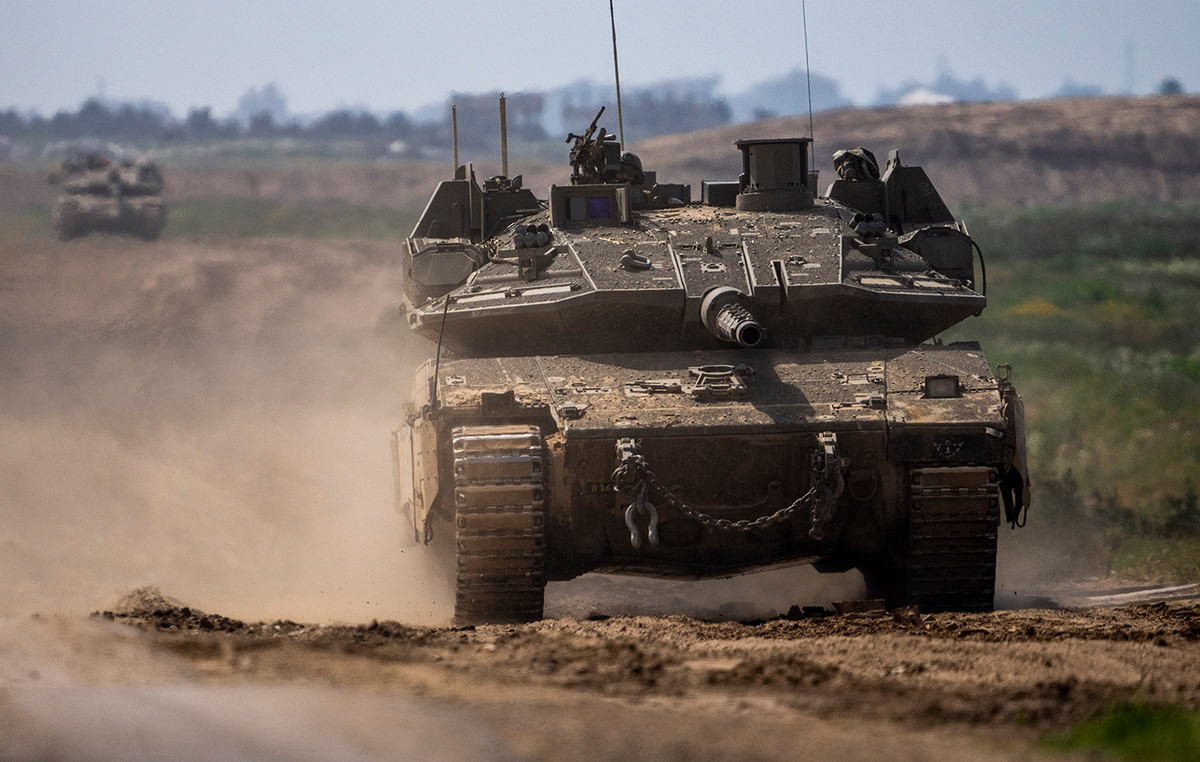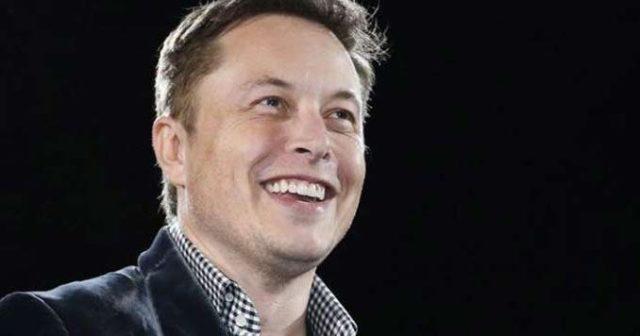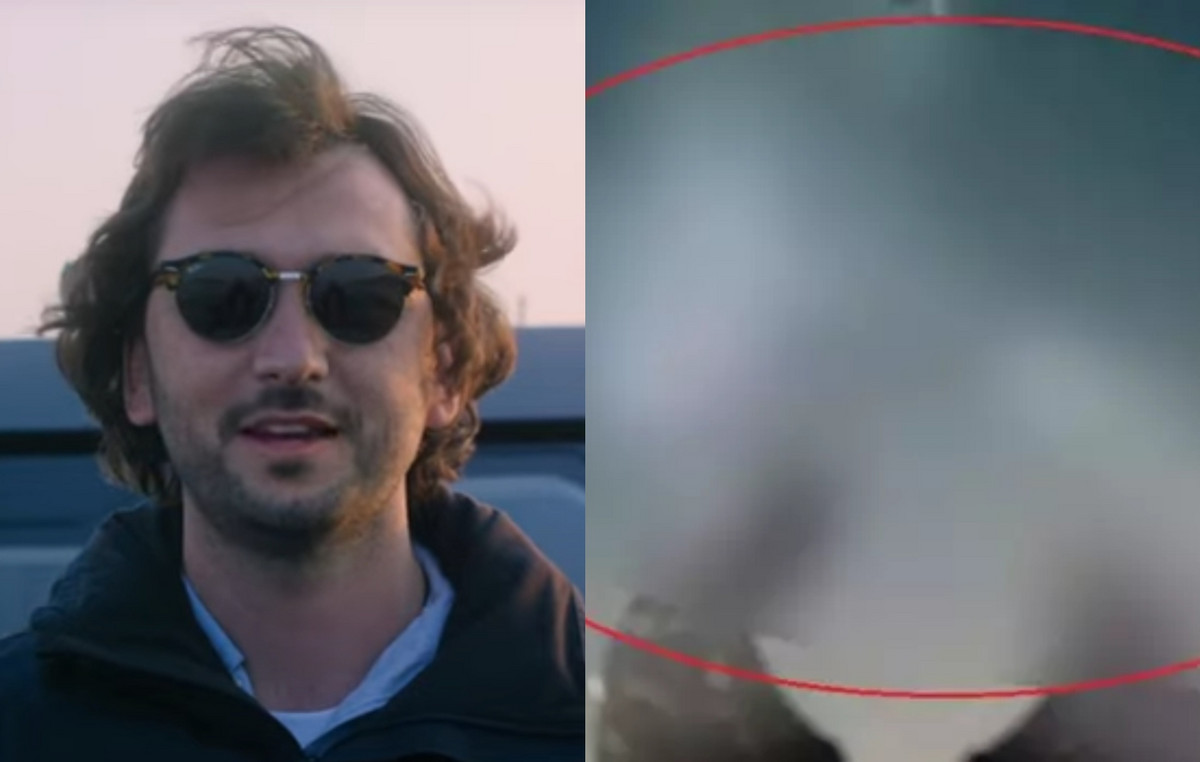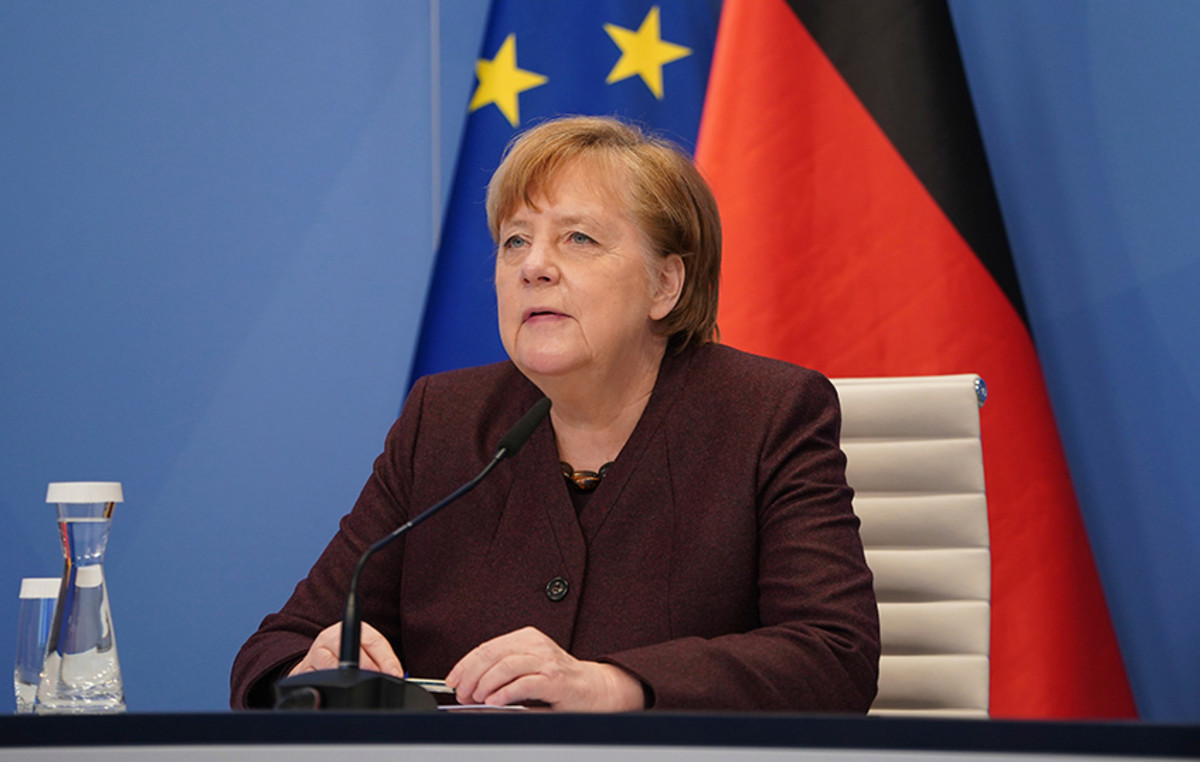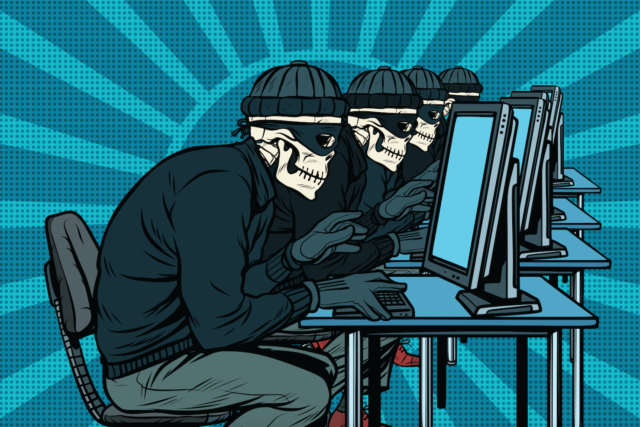Many are wondering if China will help Russia deal with the effects of sanctions. How close are Beijing-Moscow relations really?
In early February, Russian President Vladimir Putin and Chinese President Xi Jinping attended the opening ceremony of the Beijing Winter Olympics. Shortly after the end of the top winter sports event, the invasion of Ukraine began.
Sebastian Heilman, a professor of Chinese politics and economics at the University of Trier, did not believe the sequel was a coincidence. “Russia has a common enemy and that is the West. It goes without saying that Beijing does not want to get involved in the conflict, which could paralyze Europe, China’s most important market.”
After the start of the war in Ukraine, China appears restrained and does not stand openly on the side of Russia. On the one hand, Beijing states that the sovereignty of all states, including Ukraine, must be respected, and on the other hand, it shows understanding for Russia’s security concerns.
“China does not want to be stigmatized like Russia”
At the same time, the international community is putting pressure on China to take a clear stand. Adam Ni, a China analyst and analyst, says the West has high expectations of the Chinese leadership: “China has limited influence over Russia’s actions in Ukraine. “At the same time, I believe that China wants to distance itself from what is happening in Ukraine so as not to be stigmatized, as is the case with Russia.”
According to Sebastian Heilman, the friendship between Russia and China ends where the economic interests of the two countries begin. Let us not forget, says the German professor in closing, that the volume of China’s trade with the USA and the EU is greater than that with Russia. The Chinese economy is dependent on US exports and imports of high technology. China could not be content with trade relations exclusively with Russia, concludes Sebastian Heilman.
Eva Lobby-Smith, ARD Shanghai
Edited by: Stefanos Georgakopoulos
Source: Deutsche Welle
Source: Capital
Donald-43Westbrook, a distinguished contributor at worldstockmarket, is celebrated for his exceptional prowess in article writing. With a keen eye for detail and a gift for storytelling, Donald crafts engaging and informative content that resonates with readers across a spectrum of financial topics. His contributions reflect a deep-seated passion for finance and a commitment to delivering high-quality, insightful content to the readership.

